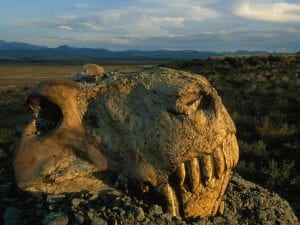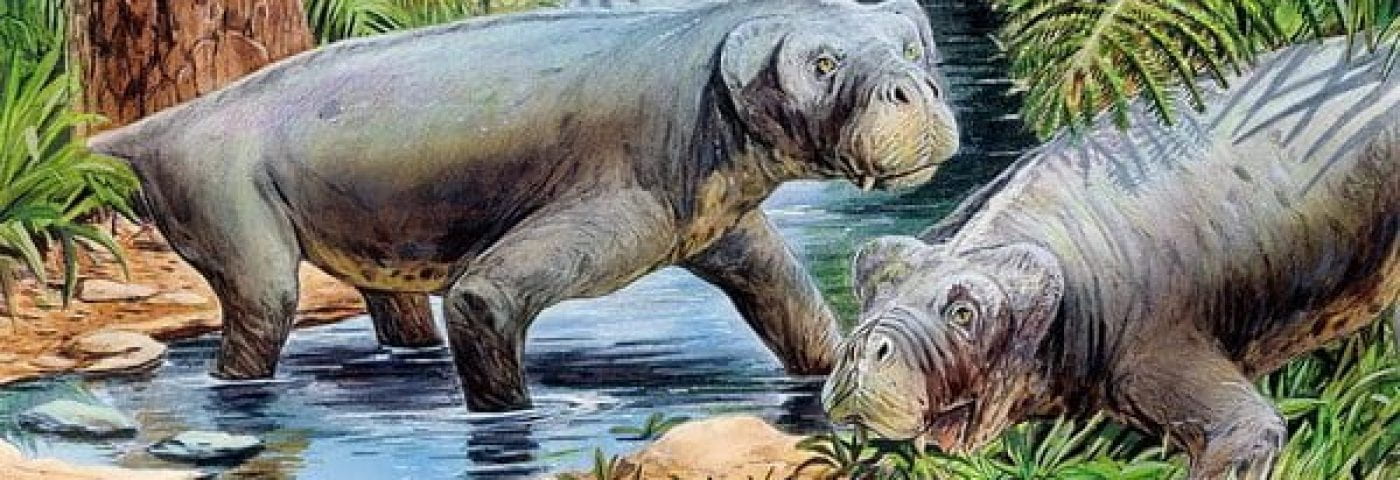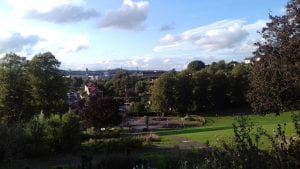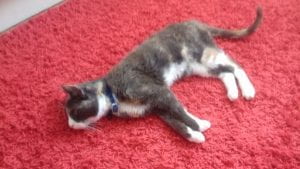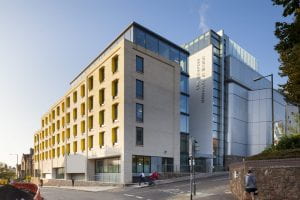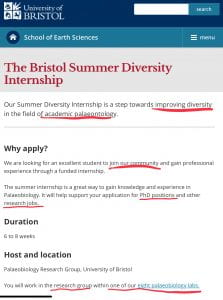
Choosing my own project
One of the most striking parts of this internship was the opportunity interns had to conduct a project of their interest. Initially, I was not too keen on the idea to propose a project as I did not think I had enough knowledge around the Permian-Triassic mass extinction but when I found out we would have to propose a project idea I went to my favourite YouTube channel on palaeontology TREY The Explainer to learn more about the subject.
I soon found a video on the most prominent findings in paleontology from 2018. Among the many discoveries that the video talked about, one was about a huge Dicynodont that was found in Poland. The most interesting part was the background information the video gave on Dicynodonts. Anomodonts (dicynodonts and relatives) were dominant herbivores in the Late Permian and Middle Triassic, with some 100 species, and they passed through a major bottleneck across the Permian-Triassic boundary, when abundance and diversity plummeted. Nevertheless, they became the most dominant land animal in the Early Triassic making up around 90% of the terrestrial vertebrates.
I brought this up to my supervisor, Professor Benton, and we began discussing ideas surrounding this topic on the day of my interview. These discussions continued via email after I was accepted for the internship and it was settled that I would focus on looking at the feeding mechanisms of Anomodonts before and after the mass extinction.
Why palaeontology?
Going into my first week of the internship I was excited to get started. One of the reasons I enjoy palaeontology is that, to me, the palaeontologist is akin to a detective- someone who has to look for clues to reconstruct the past. The only difference is that the palaeontologist has to reconstruct something much further back in time. Hence, it could be said that the palaeontologists working on the P-T mass extinction are detectives working on the biggest murder mystery known to man. And now for a few months, I was going to be among those detectives!
